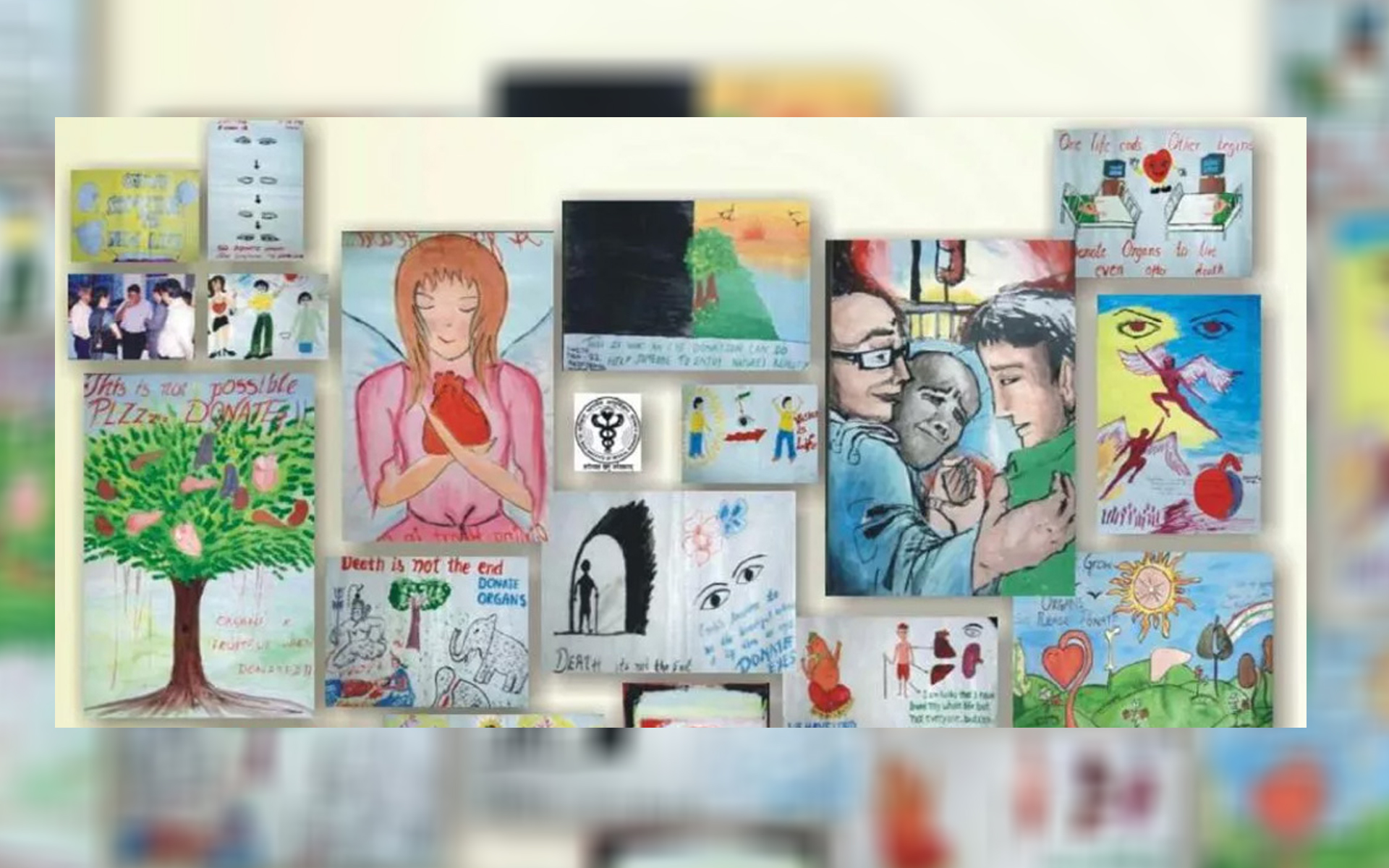
Organ Retrieval Banking Organization (ORBO) is a nodal facility for cadaver organ and tissue donation related activities of All India Institute of Medical Sciences, New Delhi.This organization maintains a brain death donor registry, coordinates the process of organ and tissue donation from procurement of organs to the transplantation, disseminates information to hospitals, organizations and individuals creating awareness, promotes organ donation and transplantation activities and undertakes training and research in the field of organ donation and transplantation
What counts a great deal in life is what we do for others
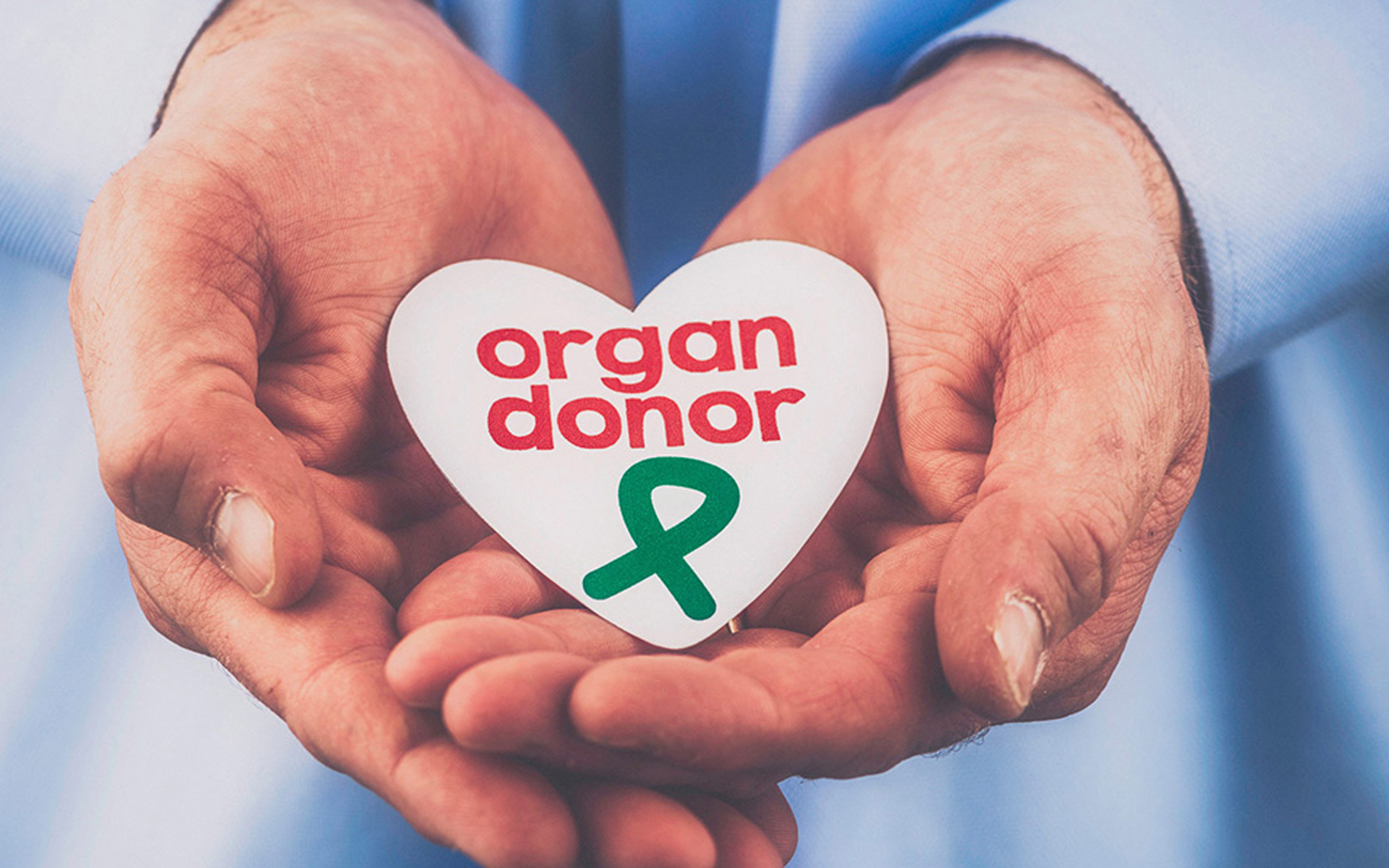
Organ donation means that a person during his life time pledges that after his/her death, organs from his/her body can be used for transplantation to help terminally ill patients giving them a new lease of life.
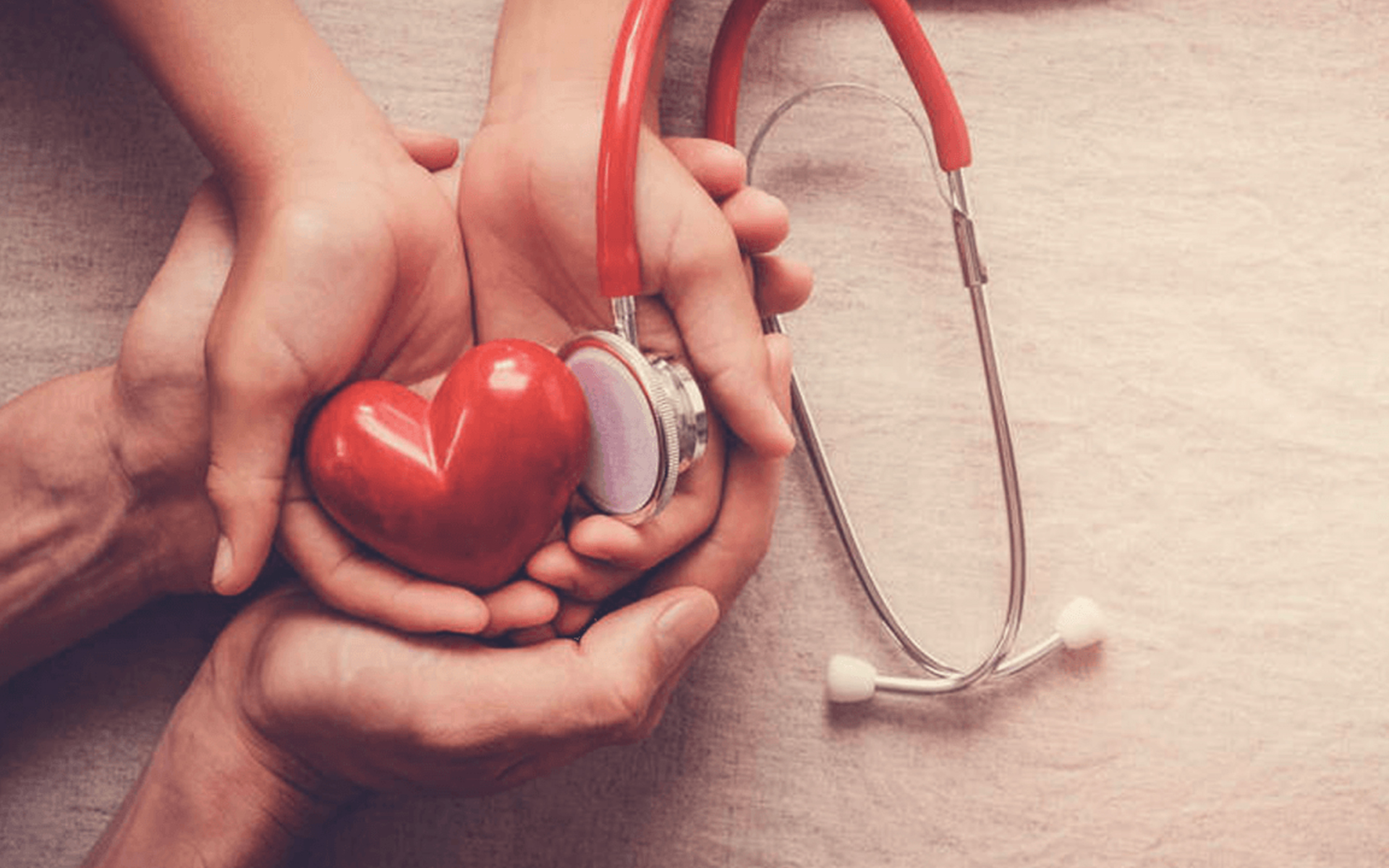
Organ donors can be living or deceased (cadaveric donors). Living donors can donate only a few organs, namely one of their two kidneys (as one kidney is capable of maintaining the body functions), a portion of pancreas (as half of the pancreas is adequate for sustaining pancreatic functions) and a part of liver (as the few segments that are donated will regenerate after a period of time). On the other hand, all the organs listed above and heart, as well as tissues can be donated in “Brain-Dead” persons. Brain death is the irreversible and permanent cessation of all brain functions, when brain can no longer send messages to the body to perform vital functions like breathing, sensation, obeying commands etc. Such persons are kept on artificial support (ventilation) to maintain oxygenation of organs so that the organs are in a healthy condition until they are removed. Most cases of brain death are the end result of head injuries or terminally ill patients of brain tumor from Intensive Care Units.
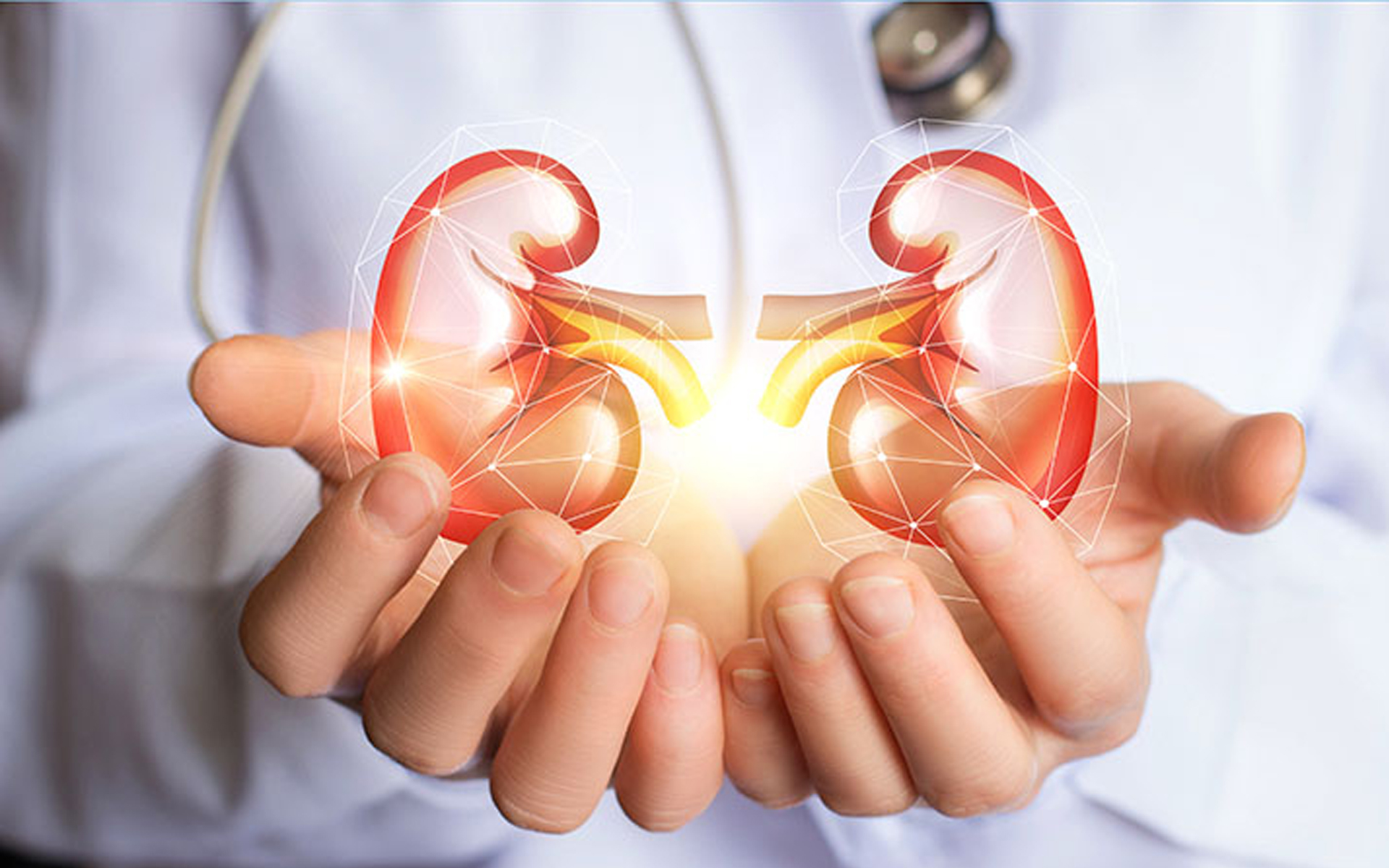
Donated organs are transplanted on to the patients who are suffering from end stage terminal diseases. These are the patients whose normal body functions are compromised to such a degree that they cannot be kept alive or sustained on medicines for a long time. Even if medical procedures are available (eg. dialysis for kidneys disease) they usually entail prohibitively high financial, physical and emotional costs. The donation of human organs and tissues not only save lives of terminally ill patients it also helps in attaining an improved quality of life for many patients. For example, a combined kidney-pancreas transplant recipient won’t be dependent on high dose of insulin; a corneal transplant would bring light in the life of a blind person; a child born with a hole in the heart can lead a normal life after heart valve transplantation and a burn injury patient can be prevented from undergoing metabolic derangement, sepsis and multi organ failure by if a skin graft is performed.
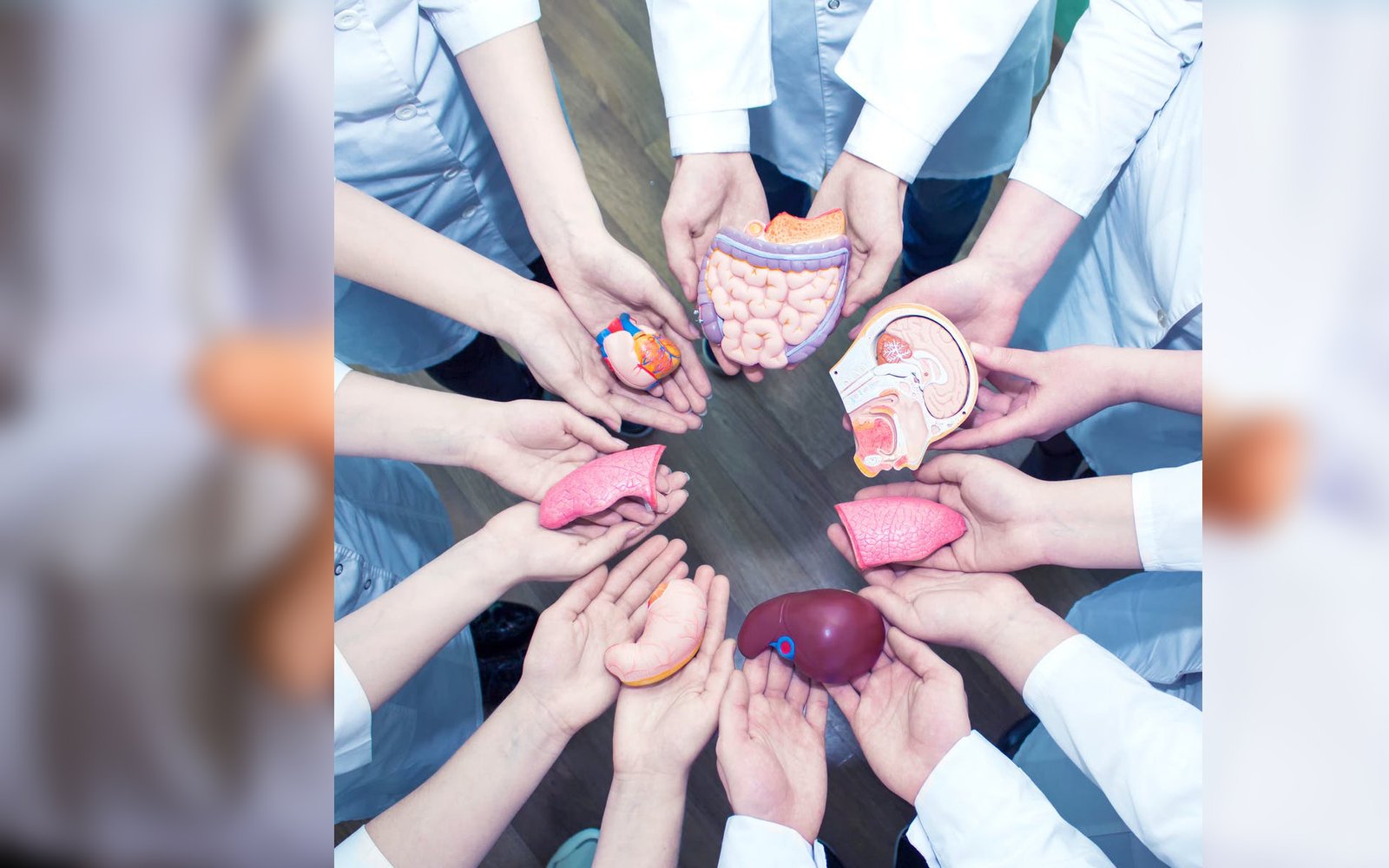
The government of India has enacted the Transplantation of Human Organs Act – 1994. The act has legalized brain death and provided regulations related to the retrieval, storage and transplantation of human organs. However, there is a huge gap in the demand and supply of human organs and tissues which is primarily due to lack of awareness and acceptance of brain death in the society.